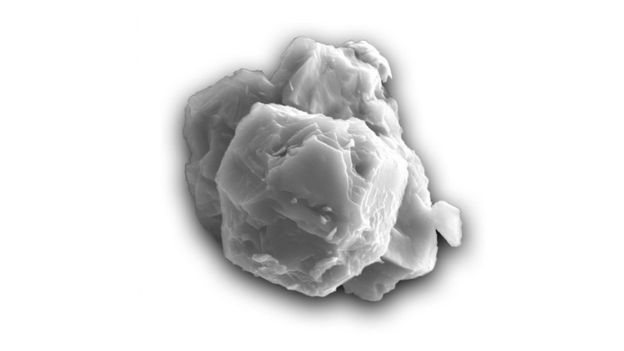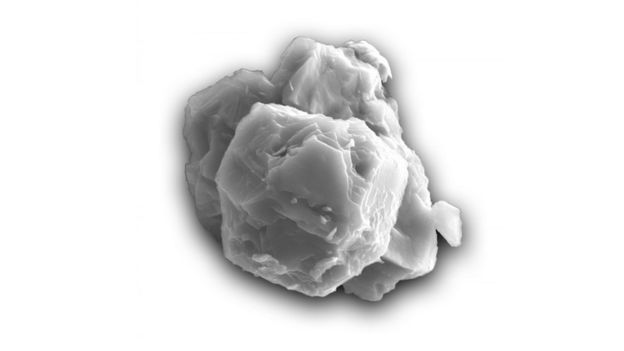
A meteorite that fell to Earth and landed near Victoria, Australia in the 1960’s has been re-analysed, and scientists believe to have found some 7.5 billion year old stardust within it.
“This is one of the most exciting studies I’ve worked on,” said lead author Philipp Heck, an associate professor at the University of Chicago.
“These are the oldest solid materials ever found, and they tell us about how stars formed in our galaxy. They’re solid samples of stars, real stardust.”
As mentioned briefly before, the Stardust found in the rocks are over 7.5 billion years old according to researchers. Which means these tiny grains of stardust were flung out of stars that existed long before our solar system. When stars die, particles formed within them are thrown out into space in a violent explosion. These “pre-solar grains” then end up in new stars, planets, moons and, clearly, meteorites.
Swiss and American scientists recently formed a team to analyse some pf these pre-solar grains of space dust.
“It starts with crushing fragments of the meteorite down into a powder,” said co-author Jennika Greer, from the University of Chicago.
“Once all the pieces are segregated, it’s a kind of paste, and it has a pungent characteristic – it smells like rotten peanut butter.”
This smelly paste is then put in acid, which separates and isolates the star dust.
“It’s like burning down the haystack to find the needle,” said Philipp Heck.

Electron micrograph of a pre-solar grain. This example is around 8 micrometres long.
Further research on these grains have uncovered how stars form and at the rate they form, giving scientists a better understanding of our complex Universe and what lies beyond.
“Thanks to these grains, we now have direct evidence for a period of enhanced star formation in our galaxy seven billion years ago with samples from meteorites. This is one of the key findings of our study,” said Dr Heck.





